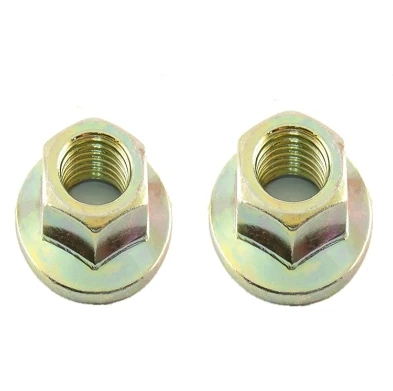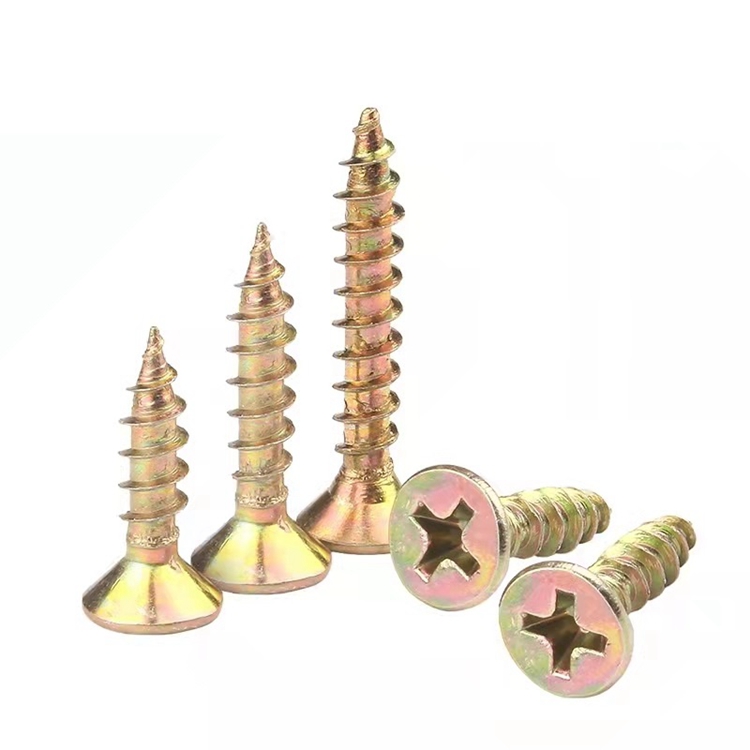stud bolt and nut
Mar . 05, 2025 01:11 Back to list
stud bolt and nut
In the world of industrial construction and mechanical assembly, the choice of fasteners plays a pivotal role in ensuring structural integrity and reliability. Among these fasteners, the stud bolt and nut combination stands out for its robustness and efficiency in various applications. As industries continue to evolve towards more complex and demanding projects, understanding the unique advantages and proper usage of stud bolts and nuts is crucial for engineers and project managers alike.
The authoritativeness of stud bolt and nut systems is supported by decades of use in critical applications. They are often preferred over other types of fasteners in the assembly of pressure vessels, heat exchangers, and pipelines because they offer a highly reliable seal under extreme conditions. When installed correctly, they can withstand vibrations and thermal expansions, making them indispensable in sectors where reliability is non-negotiable. Trustworthiness in the use of stud bolts and nuts is reinforced through rigorous testing and certifications. Manufacturers of these fasteners are required to adhere to stringent quality control processes, which include mechanical tests such as tensile strength and hardness testing. Buyers often seek certifications like ISO 9001 to ensure that the products they procure meet international quality and safety standards. In summary, the stud bolt and nut combination is not just a simple fastener but a critical component in ensuring the integrity and safety of large-scale industrial structures. Its relevance in modern engineering stems from its ability to offer superior clamping force and durability in demanding environments. As industries push the boundaries of innovation, the reliance on high-quality fastening solutions like stud bolts becomes ever more critical. Engineers and project managers who prioritize proper material selection, adherence to industry standards, and precise installation techniques will undoubtedly enhance the success and longevity of their projects. Through a commitment to these practices, the industries can continue to rely on stud bolts and nuts as a foundation for safe and efficient operations.


The authoritativeness of stud bolt and nut systems is supported by decades of use in critical applications. They are often preferred over other types of fasteners in the assembly of pressure vessels, heat exchangers, and pipelines because they offer a highly reliable seal under extreme conditions. When installed correctly, they can withstand vibrations and thermal expansions, making them indispensable in sectors where reliability is non-negotiable. Trustworthiness in the use of stud bolts and nuts is reinforced through rigorous testing and certifications. Manufacturers of these fasteners are required to adhere to stringent quality control processes, which include mechanical tests such as tensile strength and hardness testing. Buyers often seek certifications like ISO 9001 to ensure that the products they procure meet international quality and safety standards. In summary, the stud bolt and nut combination is not just a simple fastener but a critical component in ensuring the integrity and safety of large-scale industrial structures. Its relevance in modern engineering stems from its ability to offer superior clamping force and durability in demanding environments. As industries push the boundaries of innovation, the reliance on high-quality fastening solutions like stud bolts becomes ever more critical. Engineers and project managers who prioritize proper material selection, adherence to industry standards, and precise installation techniques will undoubtedly enhance the success and longevity of their projects. Through a commitment to these practices, the industries can continue to rely on stud bolts and nuts as a foundation for safe and efficient operations.
Next:
Latest news
-
Unlocking Industrial Strength: The Complete Guide to Better Bolts
NewsNov.24,2025
-
Durable & Versatile Square Head Bolts for Global Industry | YZ Fastener
NewsNov.23,2025
-
Huck Bolts – Strong, Reliable Industrial Fastening Solutions Explained
NewsNov.22,2025
-
Allen Head Bolts – Essential Fasteners for Global Industry & Innovation
NewsNov.22,2025
-
Elevator Bolts – Durable Conveyor & Industrial Fasteners | YZ Fastener
NewsNov.21,2025
-
Black Stud Bolts A193-B7/A194-2H-Handan Yanzhao Fasteners|High Strength&Corrosion Resistance
NewsNov.21,2025
